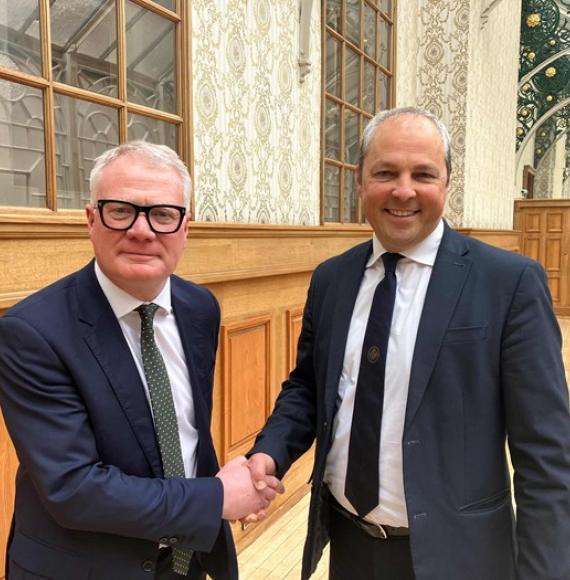The House of Lords Public Services Committee says “fundamental weaknesses” must be addressed to make services resilient enough to cope with any future crises, following the first analysis of how public services responded to the Covid-19 pandemic.
Hundreds of thousands of “invisible” children are thought to be missing out on social and education services across England, the committee has warned in a new report, titled ‘A critical juncture for public services: lessons from Covid-19.’
Disadvantaged and vulnerable children face a higher risk of abuse and dropping further behind due to Covid-19 school closures, the committee has said.
Just one in 10 children classed as vulnerable attended school or early years education during lockdown, the committee heard, their predicament made worse by fewer home visits by social workers due to Covid-19.
The Troubled Families Programme and community services such as children’s centres and family hubs should be prolonged and extended and schools should work more with mental health professionals, police liaison officers and youth workers to meet vulnerable children’s needs, the committee says.
Many public service providers and councils developed “remarkable innovations” to meet the Covid-19 challenge and decisions which before the pandemic took months were made in minutes.
The inquiry heard from people who use public services every day, many of whom welcomed these developments.
But “without fundamental reform this good work will be lost”, the committee warns.
Peers want ministers, who were not present before the committee’s inquiry, to:
- Produce an action plan to certify that vulnerable children do not suffer adverse long-term effects, ensuring that public services do not lose touch with children at risk and share information better to identify those who need help and protection;
- Identify the key role of preventative public services in reducing deep and ongoing inequalities exacerbated by Covid-19;
- Introduce a race equality strategy that would apply across public services to address health, care and educational inequalities;
- Commit to provisional funding to guarantee that adult social care gets adequate support to protect older and working-age disabled people in any further wave of coronavirus and future pandemics;
- Assess urgently changes to public service delivery during lockdown to embed innovations that worked well and ensure that positive changes are not lost;
- Address fundamental weaknesses revealed by the pandemic to deliver lasting and transformative reform of public services.
Baroness Armstrong of Hill Top, Chair of the Public Services Committee, said: “Government, local authorities and other public service providers are not working together effectively to protect vulnerable children.
“Before Covid-19 many vulnerable children couldn’t get the public services they needed. With most unable to attend school because of the lockdown they had little support and many more have become invisible after losing contact with public services during the pandemic.”
Read our interview with Baroness Armstrong in PSE Dec/Jan 20.


















